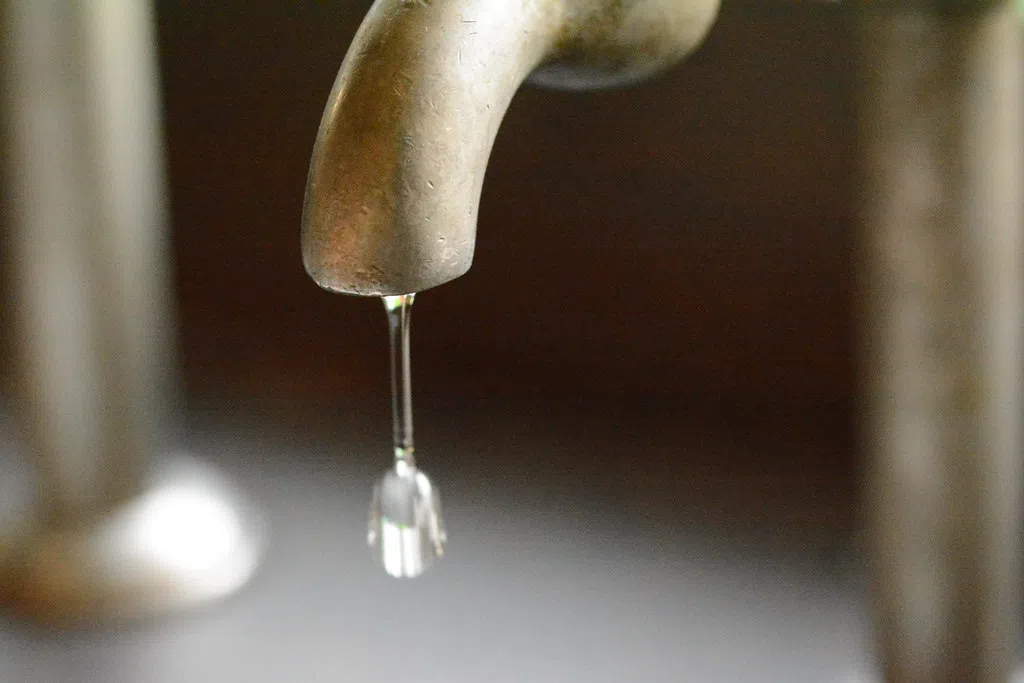After years of rate freezes, Saint John Water is proposing rate hikes to help address its infrastructure deficit.
The utility presented its 10-year financial plan to members of Common Council’s finance committee last week.
It included proposed rate increases of one per cent in 2026 and 2027 and annual increases of two per cent starting in 2028.
“The utility has made tremendous improvements to the water and wastewater systems, but there still remains infrastructure challenges in the future,” Kendall Mason, the utility’s director, told committee members.
Saint John Water has an infrastructure deficit of $370 million and around $4 billion in assets, according to the plan.
While the majority of assets are in very good to fair condition, around 11 per cent are considered poor or very poor.
In addition to its infrastructure deficit, Saint John Water had about $69 million in long-term debt as of the end of 2023, down from a peak of over $107 million six years earlier.
“However, the debt balance is a significant burden for a utility with approximately 19,100 customers,” said the plan, which also noted the number of ratepayers is low given the physical size of the system.
Coun. Paula Radwan said she is concerned about potential rate increases, especially since Saint John already has some of the highest rates in the province.
“I think if we’re doing performance management, we might able to find efficiencies, then we might be able to delay putting rates up,” said Radwan.
Committee Chair and Coun. Gary Sullivan agreed, saying there is no reason why the utility would not consider looking for those inefficiencies.
The utility’s 10-year financial plan also calls for the implementation of universal metering starting in 2028.
It would allow for better distribution of costs between ratepayers, as charges will be based on water consumption rather than a flat rate, said the plan.
Saint John Water would look at creating a minimum amount of water usage every month that is priced at a certain level that would be more affordable to a larger group of challenged households.
Usage greater than that minimum would be priced at a higher rate and tied to the utility’s costs of providing water service.
A study to determine rates for the universal metering program will begin in 2026, according to the plan.
In the meantime, committee members voted to receive the plan for information. It will come back for approval at a later meeting.





